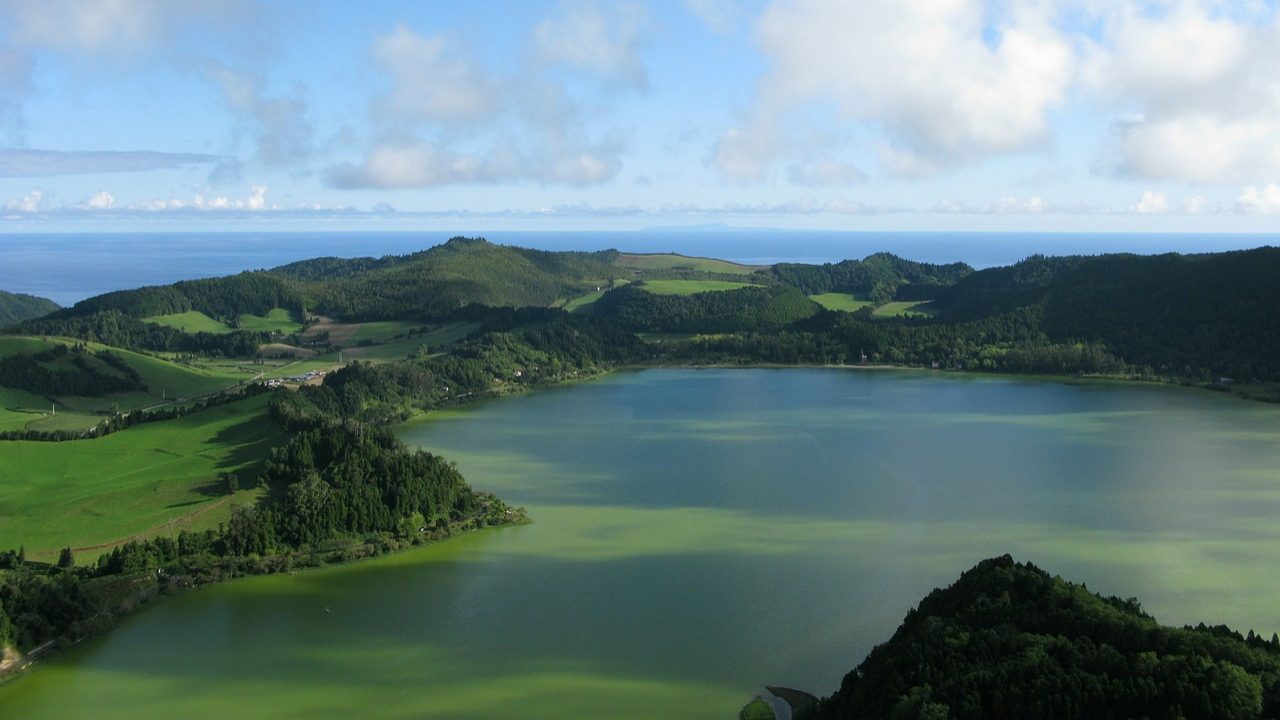“We have modest expectations for tourism this summer” – Moody’s
The rating agency has modest expectations for the tourism season this summer in Portugal.
Moody’s analyst Sarah Carlson told Lusa on Wednesday that the rating agency has modest expectations for the tourism season this summer in Portugal, anticipating that things will not return to normal as early as 2021.
The analyst, who was speaking to Lusa after the video conference “Credit Trends – Portugal’s Post-Pandemic Growth Opportunities”, held by the financial rating agency, noted, however, that there will be some level of tourism activity.
“We certainly expect that there will be some material level of tourist activity and of course with the vaccinations, some people will feel much freer to go out, fly around, stay in hotels or go to restaurants, especially in the summer months,” she said.
According to Sarah Carlson, the normal level regarding, for example, air travel will take some time to recover, but other factors enter into the accounting, such as the way one travels to the tourist destination or the number of domestic tourists.
“Portugal does not have as many domestic tourists as France or Italy, but it still has a reasonable number,” the Moody’s analyst told Lusa, recalling the large Portuguese diaspora.
“It is not Germans or Dutch going to Portugal, it is Portuguese people living in other European countries travelling not only to go on holiday but also to see their families and friends,” a type of travel that is a bit more resilient than pure tourism.
Sarah Carlson mentioned that Portugal is certainly one of the most dependent countries on tourism in Europe, something that has advantages and disadvantages but is in a more favourable position than some island economies, which also have a smaller population.
For the rest of the year, she anticipated that European funds may arrive closer to the end of the year.
What is most important from a rating perspective is how the funds are used to foster long-term growth potential, being much easier to spend the money and foster growth in the very short term, but very good quality programmes will have a positive impact afterwards.
The biggest structural problem is that Portugal has relatively low potential growth, she said, adding that education reforms are always something that is talked about a lot, as is retraining, keeping workers in different areas of the economy which could be addressed by the funds.


